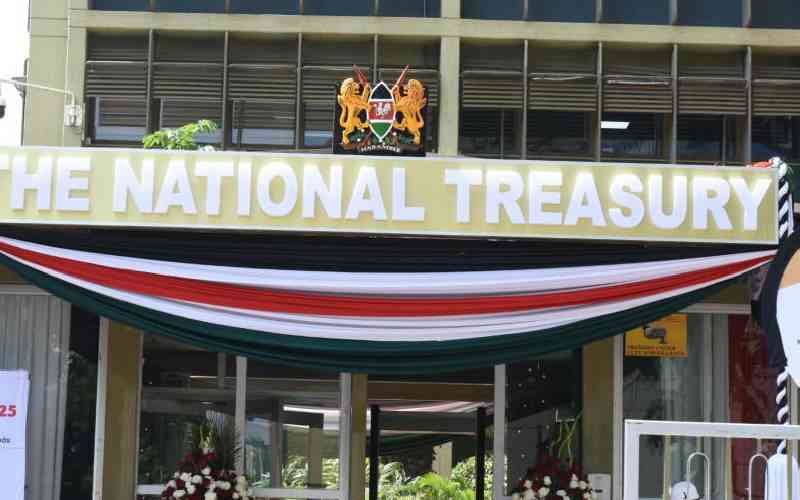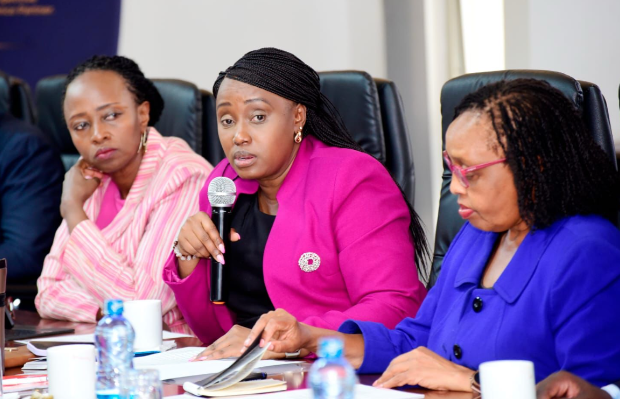Kenyan firms should use endowment funds to drive sustainable finance
Endowment funds serve the needs of individuals, institutions, and communities seeking to lock in their assets and establish a predictable, long-term flow of capital from investment income.
Opinion








